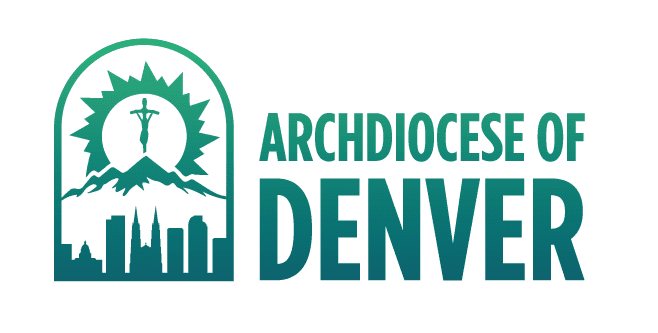In February 2019, all three Colorado Dioceses entered into an agreement with Colorado Attorney General Phil Weiser to allow former U.S. Attorney Robert Troyer (the “Special Master”) to conduct an independent review of the dioceses’ response to the sexual abuse of minors by diocesan priests dating back to 1950. The agreement gave the Special Master full access to all the dioceses’ files concerning the sexual abuse of minors by diocesan priests, including the so-called “secret archive” files. Where he had questions, the Special Master had the opportunity to conduct interviews in appropriate circumstances, and to determine if abuse had occurred. Per the agreement, the Special Master prepared a report of his findings, which has been made public.
The Attorney General does not have the statutory power to conduct this type of inquiry, but given our shared interest in transparency of our past and ensuring that children are safe in our schools and parishes today, the Colorado Dioceses voluntarily entered into this agreement. Importantly, as the Attorney General has made clear, this independent review was not part of any criminal investigation and was not prompted by any known or suspected illegal conduct by any of the Colorado Dioceses.

